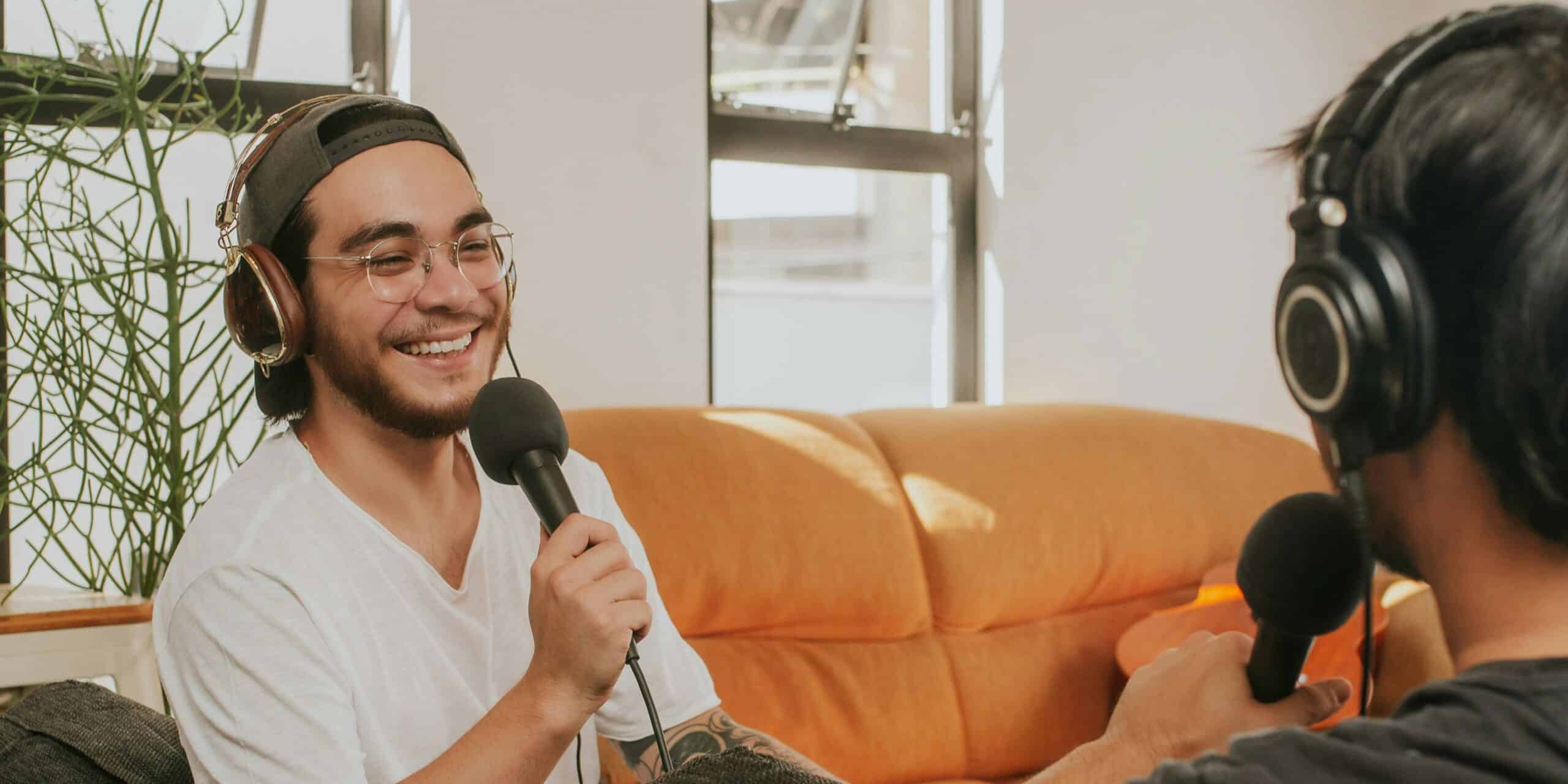By: Stephanie Scott
In a compelling conversation on the What Healthy Couples Know That You Don’t podcast, author and mental health advocate Ann Russo shares her expertise on the challenges faced by LGBTQ+ individuals.
With over 20 years of working with non-monogamous couples, promoting sexual liberation, and helping LGBTQ+ individuals navigate religious trauma and stigma, Ann’s experience is invaluable. Her insights on the impact of discrimination on mental health offer valuable perspectives on the complex intersections of identity and community support and her recommended steps for healing and advocacy are both insightful and practical.
The Hidden Struggles of LGBTQ+ Individuals
“The world is primarily structured for heterosexual folks,” Ann begins.
While this may seem obvious, the daily reality for queer individuals involves a level of hypervigilance that many outside the community may not fully grasp. From assessing the safety of social spaces to navigating workplace environments, LGBTQ+ people must constantly evaluate whether they are in a space that is accepting or potentially harmful.
This ongoing mental burden, compounded by societal discrimination, can take a toll on emotional well-being.
Discrimination, Ann notes, is not a relic of the past—it remains a significant stressor for many.
However, progress is being made: mental health statistics for LGBTQ+ individuals have shown improvements over the years. Suicide rates, substance abuse, and other harmful coping mechanisms are decreasing in some areas as support networks grow stronger and visibility increases.
“We’re observing positive shifts in mental health outcomes,” she says, attributing this shift to greater acceptance, education, and the power of chosen family.
The Weight of Internalized Homophobia
One of the most pervasive challenges within the LGBTQ+ community is internalized homophobia—deep-seated negative beliefs about one’s own queerness, often instilled by religious or cultural upbringing.
Ann reiterates that overcoming these harmful beliefs is a process. It requires both self-reflection and external support.
She advises listeners to “seek therapeutic support with someone who truly understands the community.”
A qualified therapist can help unpack the negative messages that have been ingrained over time. They may use cognitive behavioral therapy (CBT) and other evidence-based approaches to create new, healthier thought patterns.
Additionally, finding affirming spaces—whether through LGBTQ+ organizations, support groups, or online communities—can be instrumental in undoing the damage caused by years of internalized shame. Ann encourages individuals to engage in conversations with others who have walked similar paths, as shared experiences can be a powerful antidote to feelings of isolation.
Religious Trauma and the Journey to Healing
For many LGBTQ+ individuals, religious trauma adds another layer of complexity to their healing journey. Some grow up in faith communities that reject their identities, leaving them to wrestle with fear, guilt, and a sense of spiritual exile.
Ann has worked extensively with clients who struggle to reconcile their faith with their sexual orientation or gender identity.
“Healing from religious trauma requires patience,” she says. “It’s about asking: What do I truly believe? What was taught to me? And what aligns with my values today?”
She encourages a deep exploration of faith that allows individuals to reclaim their spirituality—if they choose to—on their own terms. Some find solace in progressive religious communities, while others step away from organized religion altogether. The key, according to Ann, is empowering individuals to determine what faith, if any, looks like for them moving forward.
The Role of Allies in LGBTQ+ Advocacy
Allies play a crucial role in creating safer, more inclusive spaces.
However, support must go beyond mere statements of solidarity. Ann discusses the importance of visible, proactive advocacy.
“If you’re an ally, make sure LGBTQ+ people recognize your support,” she stresses.
This can be as simple as displaying inclusive language on a website, using pronouns in introductions, or incorporating inclusive policies in workplaces and medical offices. Small actions send powerful messages to LGBTQ+ individuals that they are welcome and valued.
Additionally, Ann urges allies to challenge discrimination when they see it—whether in social settings, workplaces, or within their own families.
She wants allies to know that passivity does not foster change.
“Being an ally is about stepping up when it counts,” Ann says.
Finding Strength in Community
A recurring theme in Ann’s discussion is the importance of building a supportive network.
She wants concerned listeners to know: “You are not alone.”
LGBTQ+ individuals facing rejection, discrimination, or mental health struggles can benefit from seeking out communities that uplift them. Organizations like PFLAG, the Human Rights Campaign, and local LGBTQ+ centers provide vital resources and safe spaces for connection.
For those struggling with mental health, Ann highlights the power of a chosen family.
“The term ‘family’ has long been used in queer circles because many of us have had to create our own families outside of biological ties,” she explains. Whether through friendships, support groups, or online communities, finding people who affirm and celebrate one’s identity can be deeply meaningful.
The Power of Resilience
“Resilience is our superpower,” Ann declares.
Despite the challenges LGBTQ+ individuals face, their ability to adapt, survive, and thrive speaks volumes about their strength. She encourages those in the midst of a struggle to look back on everything they’ve already overcome.
“You’ve survived everything you’ve been through so far—that’s a testament to your resilience.”
And for those who feel stuck, she offers a message of hope: “It gets better. The statistics reflect progress. The experiences demonstrate growth. There is a community out there waiting to embrace you. Keep pushing forward.”
A Brighter Future
As the conversation wraps up, Ann reflects on the progress that has been made and the work that still lies ahead.
“We’re moving forward,” she says, “but there’s still more work to be done.”
Whether through advocacy, education or simply being there for one another, everyone has a role to play in fostering a world where LGBTQ+ individuals can live freely and authentically.
For those seeking support, therapy, or guidance, Ann Russo can be reached at her website. Her therapy practice, AMR Therapy, is dedicated to providing accessible and inclusive mental health care for the LGBTQ+ community.
With a growing network of resources and increasing social acceptance, the future appears increasingly promising. But, as Ann reminds us, true change happens when people take action.
You can listen to Ann’s full episode on the podcast here. Feel free to reach out to her via the links on her website or click here to subscribe to her newsletter.
Disclaimer: This article is for informational purposes only and does not constitute medical, psychological, or professional advice. Readers seeking support should consult a qualified mental health professional or appropriate resources for their specific needs.
Published by Anne C.








